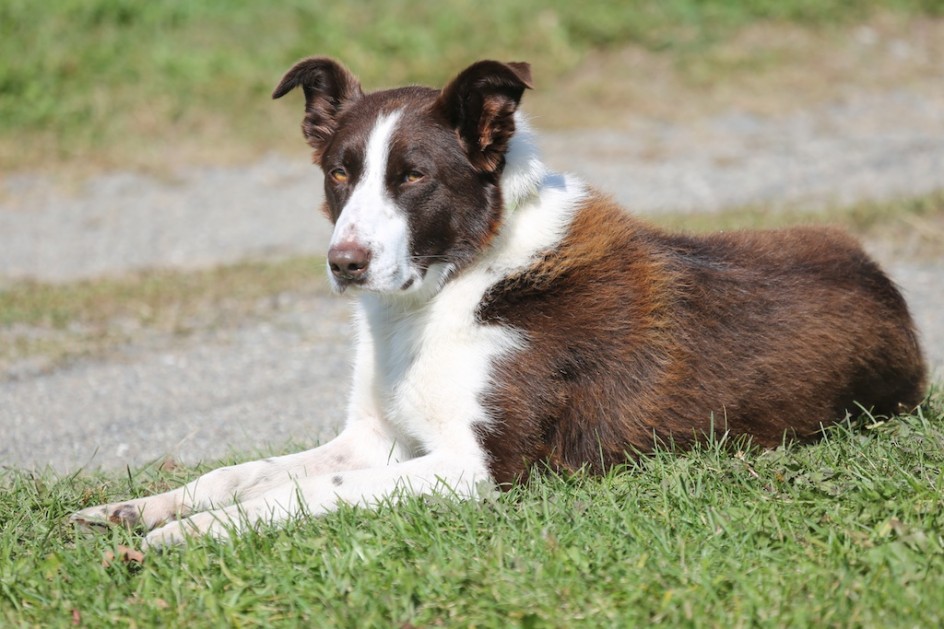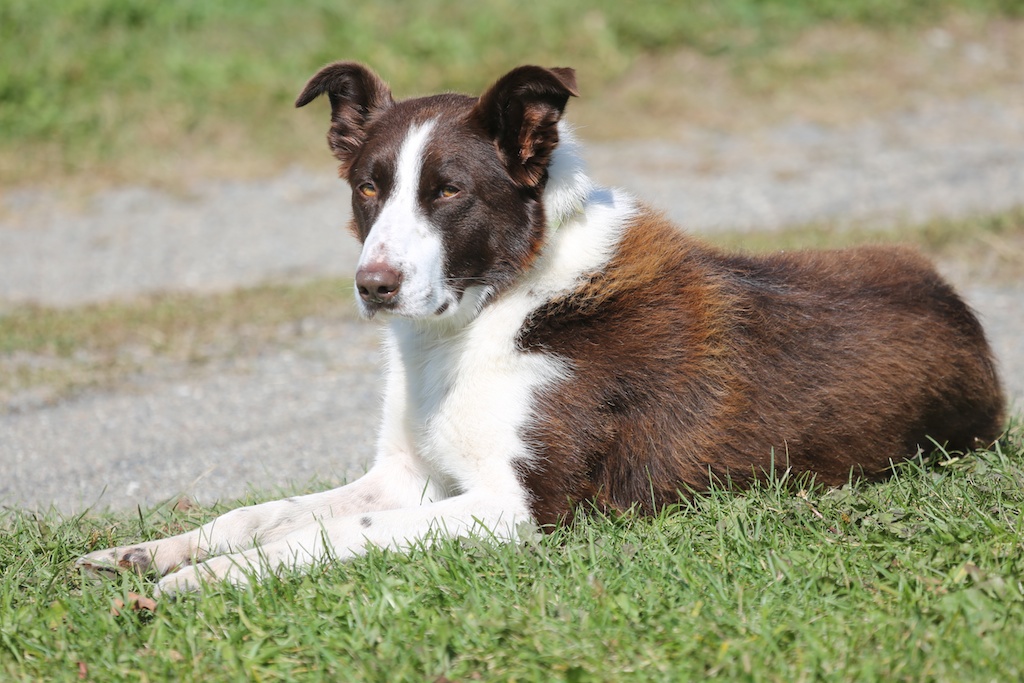
The word “rescue” is very specific. It means being saved from evil or violence. Being rescued from slavery, from a sinking ship, from a fire or disaster. In our world, the idea of being rescued has mushroomed into something very different. People say they are being rescued when they need a tire fixed. Or when they are saved from a traffic jam, or given directions by a GPS. Modern rescue fantasies, especially in America, often have to do with money, our new national ideology. We need to be rescued from our own health, our own aging, our own lives.
In the animal culture, animal rescue – an almost unheard of idea a generation ago – has become one of the dominant elements of our interaction with animals. In what is to me a sort of twisted ethical evolution of morality, many people believe it is unethical to get an animal any other way than rescuing it, as if that is the primary purpose of having an animal. This is not loving, it reduces the animal to a piteous and pathetic state. It reinforces them as helpless and needy things. Our need to rescue things seems to be growing. People don’t even blink at the idea that it may not be humane, let alone moral, to keep animals in crates for years rather than end lives that cannot be naturally lived.
I think this mirrors the culture in that it is, of course, increasingly needy and fearful. It is us who need to be rescued, not the animals, and we are often projecting that need onto them as arrogant humans are wont to do with helpless and dependent species. I often think of the great irony of seeing how few people actually want to have a happy or healthy dog or animal. They want to rescue one. They need that story.
You don’t need to be Anna Freud to see that our feelings about our animals mirror us closely. I’ve had rescue fantasies my whole life, ever since I was traumatized as a small child. When I am anxious, which covers most of my life, I have always turned to images of rescue, from Davy Crockett to Calvary Officers to people with money. Someone will save me, something will save me. A big book, a movie deal, a partner who will take care of my life, a friend. The analyst Dorothy Burlingham wrote powerfully of the rescue fantasies of the traumatized or damaged child – often taking the form of animals. These traumas and fantasies are often the birth of our love for and need of animals in our lives, especially in our fragmented and disconnected society. This is, I suppose, why I rescue dogs and donkeys and cats and chickens and dread using the word. I have learned in my own research and life that if you scratch someone who is powerfully drawn to rescuing animals, you will find pain and wounds right beneath the surface.
At this point in my life, I have been forced to confront my rescue fantasies in the most elemental way. We have two farms, lots of expenses. Banks flee in horror from me. Publishing is in turmoil, and so, I keep hearing, is the economy. Costs keep going up, revenue doesn’t. I am out of rescuers. There is nowhere else to turn, other than me. So this is it, really, I am nose to nose with my rescue fantasies. Can I be the cavalry officer? My own Davey Crockett?
I see that this has special meaning for me. My rescue fantasies turn me into the equivalent of a rescue dog or donkey. Every time I have a rescue fantasy, I am turning myself into a pathetic and piteous creature, my story becomes that of abuse and pity, struggle and regret. To need to be rescued is degrading. A friend had a car break down recently and she asked if I would be her rescuer, and I was brought up short by the term. She is tough and resilient. She didn’t need rescuing for a broken down car, just a phone and a credit card. Rescue becomes necessary when the flood is at the door or the house is filled with smoke. But more and more, we feel it is something we need.
In my case, I have been keeping myself in fear and trauma by wanting to be rescued. When I am free of it, I will be free, or freer. What I need rescuing from is the need to be rescued. It is just another form of slavery, an incubator of fear and anger and need, a barrier to self-determination and peace.
It is a profound thought, perhaps the key to my life-long romance with fear. When I wake up in the night, it is with thoughts of rescue, of someone other than me saving me. When I wake up dreaming of myself as my own hero, my own rescuer, than I might not need to wake up at all. Perhaps I am getting close, forced to this amazing place by the nature of life.

